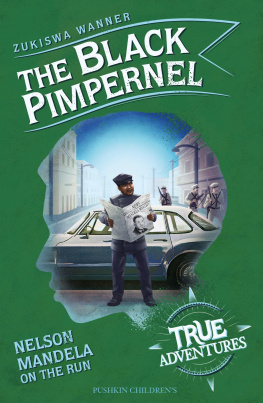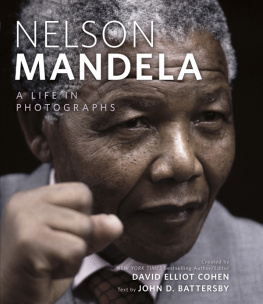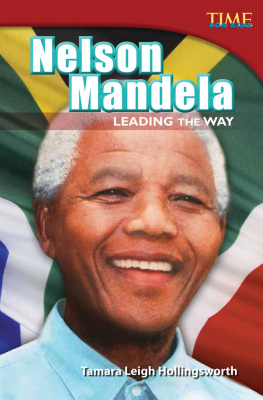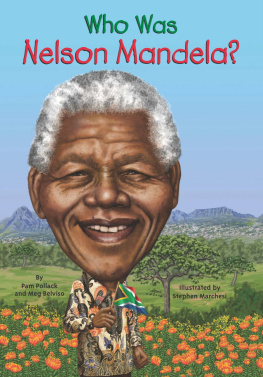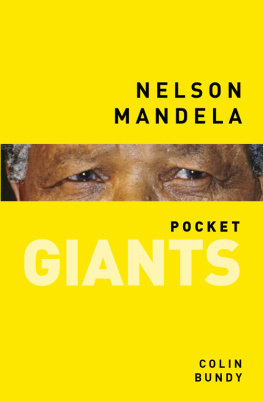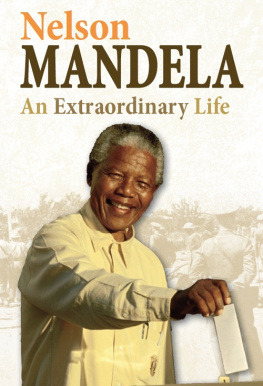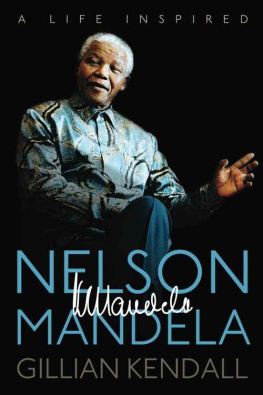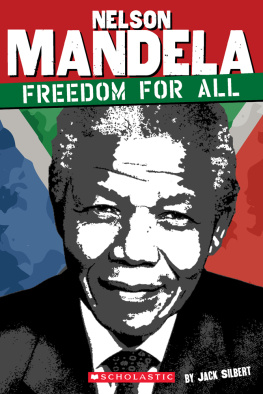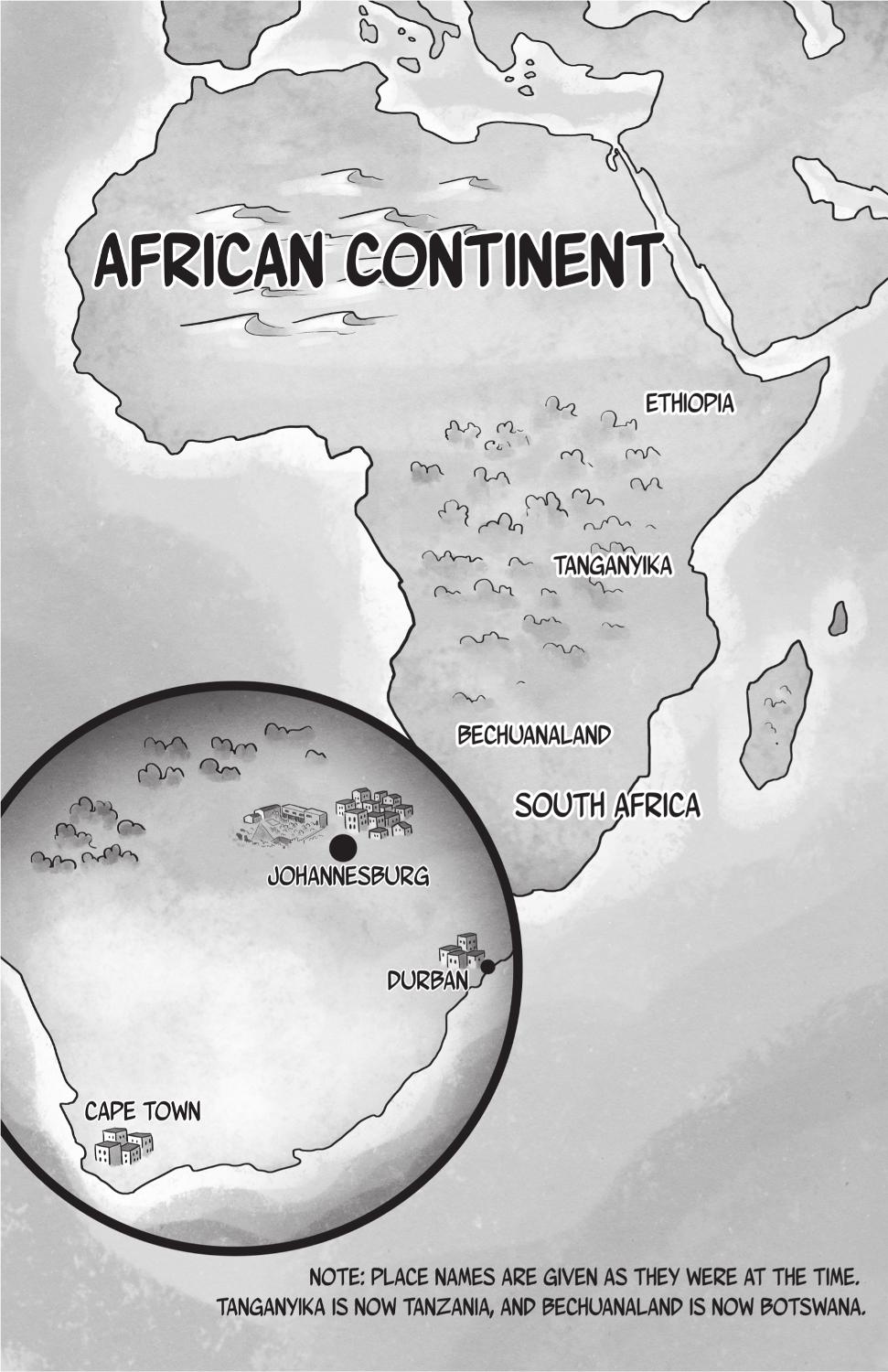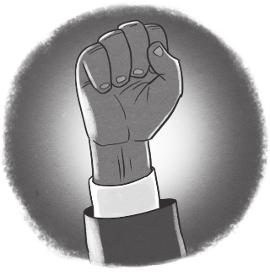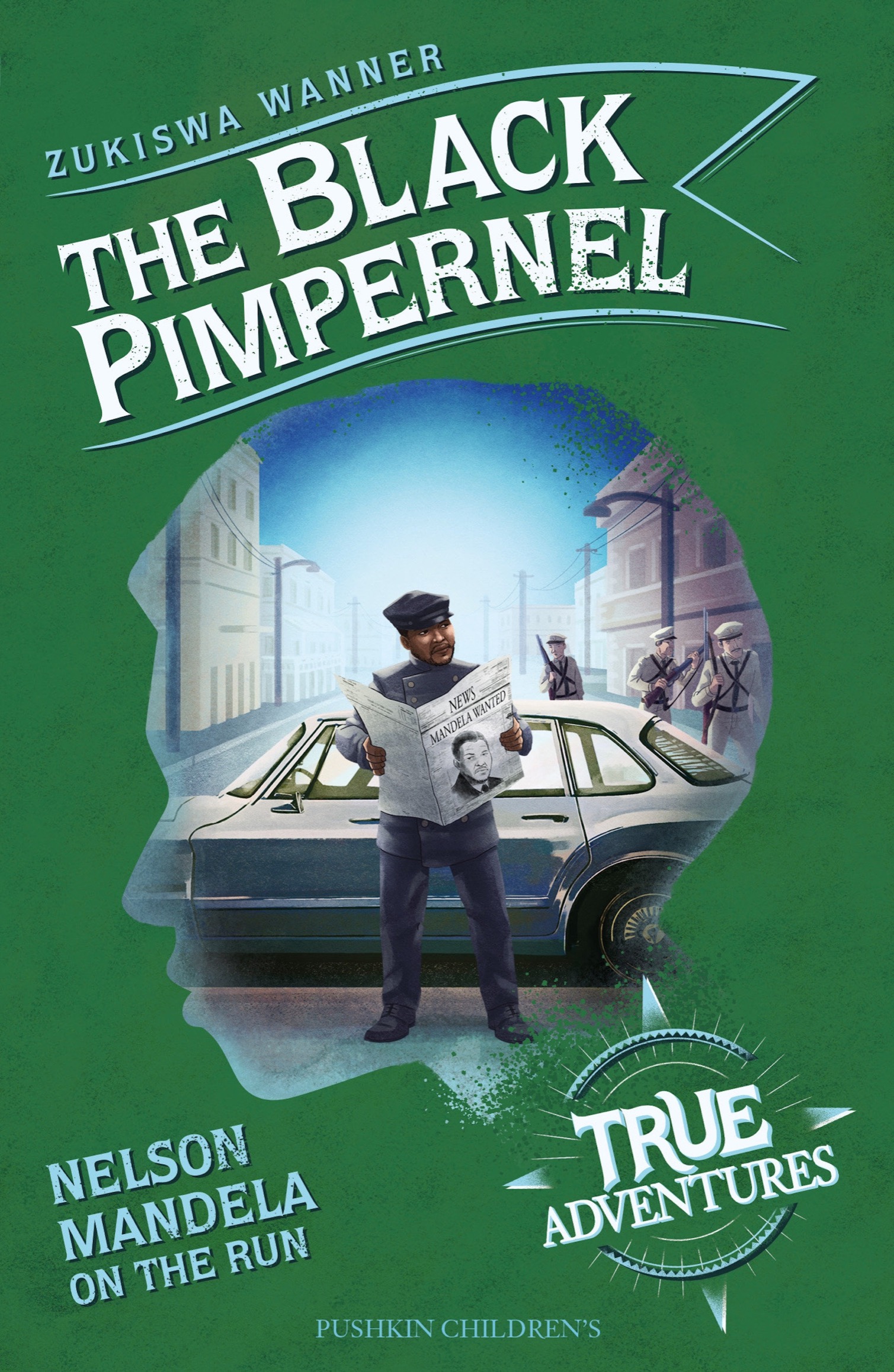
CONTENTS
A re you ready, David? his travelling companion asks.
Yes I am, Mister Williams, the man called David says.
It is their little inside joke whenever they travel together and are not in safe spaces.
Sometimes David even calls him baas, the Afrikaans word that white men expect to hear from black or brown men. A word that means master and shows that they are in charge. That they are the boss.
Cecil Williams is older than David.
In the hierarchy of the anti-apartheid movement that they both belong to, however, David would be the boss.
But David is black and Cecil is white.
In South Africa of 1962, a country where a man is judged by his race, the black man is always expected to serve the white man. This policy of racial segregation, the law in South Africa, is known as apartheid.
David makes sure he carries himself like the respectful chauffeur he is supposed to be. He carries Cecils briefcase and puts it on the back seat. Will you sit at the back with your briefcase, Mister Williams, sir? he asks as he opens the back door and doffs his cap.
Cecil, a theatre director who rather enjoys performing as much as he enjoys directing performance, answers, No, old chap. You know what? I think I will drive today since you drove on your way here. I have a lot of work for you when we return to Johannesburg, so you will drive enough.
David lowers his hat, opens the door for Cecil, and when Cecil is seated, he goes round and sits on the front passenger seat. He feels his revolver, a gift from his military trainer in Ethiopia, in its holster inside his jacket.
Once they start driving, they both relax.
You must be tired, comrade, Cecil says.
Exhausted. The trip and everything I did had to be done but I cannot wait to sleep for a few days. Then Davids eyes light up. And of course there is Winnie. My poor wife. Widowed while I am alive. It will be so good to see her and the children.
Cecil grunts in agreement but says nothing, leaving David alone with his thoughts.
Today, they are driving in the light of day.
David prefers it that way.
Night brings cover, but there is also the unknown. In their hunt for him, the police seem to imagine that he travels only at night and that is when they set roadblocks.
Two days ago when he arrived in Bechuanaland, the magistrate told him the South African police were already on the lookout for him.
Did someone in the movement let slip that he is coming back?
David shakes his head from the negative thought and looks outside. The route from Durban to Johannesburg is one of the most beautiful parts of his country. The hills and valleys are brown with some sparse greenery. The South African winter has just ended, but in this part of the country the weather is always warm and welcoming. He wonders if the hills have any caves.
He chuckles to himself. He has really started thinking more like a soldier than a politician.
What? Cecil asks, taking his eyes from the road for a moment and looking at him.
Nothing, David says.
He is thinking of his soldiers, well-trained and well-armed, using the caves up these hills as bases. They would be able to do some covert operations in Durban, Pietermaritzburg and surrounding areas from there without being detected, he thinks. And should someone finally find out where they are, assuming they come and investigate without helicopters first, they could hurl some boulders down the hills and cause some damage while escaping.
He looks outside again, this time as the man who grew up in the village but has become a city man.
He remembers the freedom of the outside.
He never tires of the beauty that he sees when he travels this road.
And today as he is travelling, as tired as he is, he is feeling happy even as he worries about the police. He is happy because he managed to brief the leaders of his organization, the African National Congress (ANC), on his travels on the continent and beyond.
Travels which were as fruitful to the movement as they were to him as the commander-in-chief of the armed wing of the movement, uMkhonto we Sizwe, Spear of the Nation. He believes that the training he received while he was away will allow him to truly be the spear that pricks the nations conscience. He hopes that perhaps through their military tactics, the President of South Africa, Hendrik Verwoerd, and his government can begin to see all people as equal whether black, white or brown.
Not everyone agrees but the man in the passenger seat believes that only an armed revolution will free them from the yoke of the apartheid state.
As far as the apartheid government is concerned, South Africa belongs to the Europeans and everyone else is there to serve them in different degrees.
The Asians have fewer privileges than the Europeans.
The Coloureds a mixture of either Asian and African or African and European who failed to pass for whites, or Africans who succeeded in passing for Coloured perhaps with their softer curls that a pencil could fall through and lighter complexions have it better than the Africans.
And then there are the Africans. In the opinion of the Europeans, and sometimes everyone else in this country without African origin, they are at the bottom.
Not on his watch, David thinks again with a sense of euphoria. Not any more. As commander-in-chief of uMkhonto we Sizwe, he plans to change this.
This land is beautiful, he says to his companion who is driving. No wonder they will do anything to keep it, including inventing lies that there was no one living here when they first arrived.
He is happy too that on his trip he met with the Durban Command led by Bruno Mtolo.
It was the first time he had met Bruno but he had heard good things about him. There had been one or two complaints about his drinking, but from what David saw of him yesterday, it is nothing to worry about.
Bruno has briefed him about the base they have set up in Durbans Kloof neighbourhood.
A neighbourhood meant for Europeans on African soil.
Bruno justifies being there by pretending to be a gardener to one of their white comrades.
The irony.
Perhaps this is what it means to be servant leaders.
The Durban Command has been doing well with their acts of sabotage. David laughed with them and complimented them on blowing up a power station that caused darkness for a while in the city of Durban earlier in the year.
He is happy too because, after briefing both the party and the Durban Command, the comrades in Durban hosted a party for him. They called it a welcome home party as he had just arrived back into the country. They also called it a farewell party as he was leaving Durban to return to Johannesburg.
He looks in the rear-view mirror as he remembers the music and dancing and he gets anxious. Cecil, he says to the man who is driving.
Cecil hears the seriousness in his voice, takes his eyes off the road briefly again and answers, Yes, David?
They both laugh a little. The use of this name, David, continues to be a source of amusement to them both. In the safety of the car, they can laugh.
Next page
